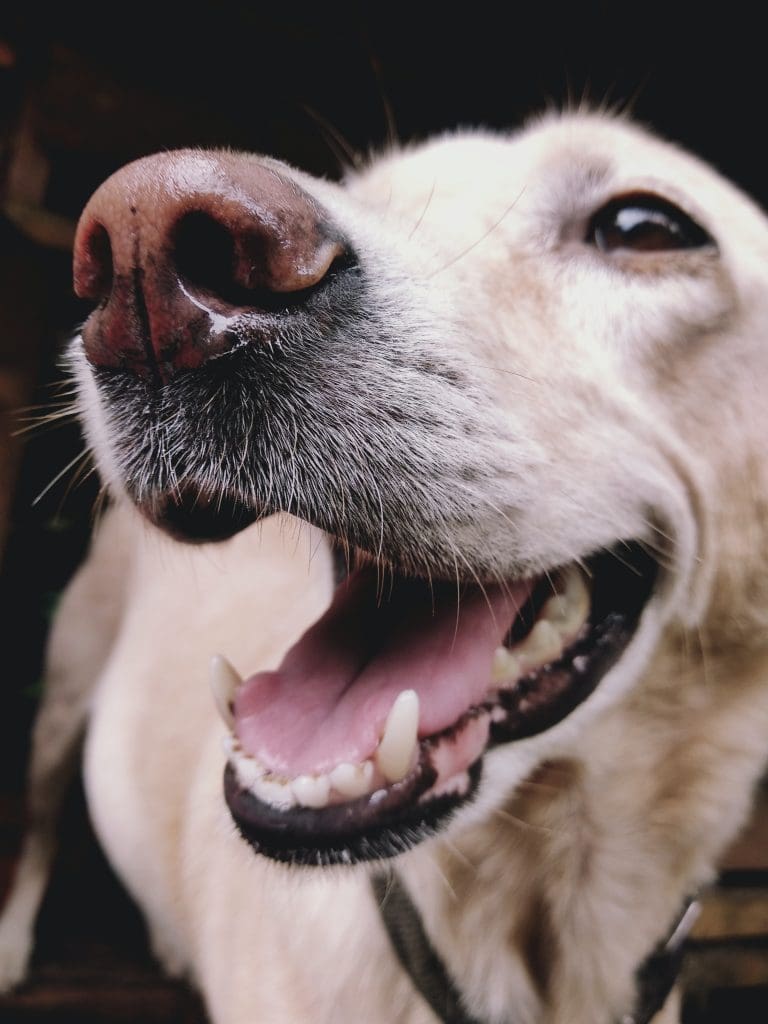Why Is My Dog Shaking When He Breathes In?
Post Date:
December 10, 2024
(Date Last Modified: December 13, 2024)
Seeing your dog shake can be alarming, especially during breathing. Various factors can contribute to this behavior, including anxiety, pain, or underlying health issues. Close observation is essential, and seeking veterinary advice may be necessary.
Anxiety and Stress
One primary reason dogs shake is anxiety or fear. Stressful situations, like loud noises or unfamiliar environments, can trigger shaking. If your dog appears shaken while inhaling, it might be his way of coping with anxiety. The act of breathing may be affected by this stress, leading to intermittent shaking.
Temperature Regulation
Temperature can also play a significant role. Just as humans do, dogs can feel cold. If a dog is shivering, it may indicate a response to a drop in temperature, particularly in smaller breeds or those with less body fat. Prolonged exposure to chilly weather or lying on cold surfaces can prompt shaking as a means to generate warmth.
Pain and Discomfort
Pain is another serious concern. Dogs cannot verbally express discomfort, so they often communicate through body language. Shaking while breathing could signal pain or discomfort in the chest, abdomen, or other areas. Watch for signs of distress, such as panting or reluctance to move, and consult your veterinarian if these symptoms arise.
Medical Conditions
Certain medical conditions can lead to shaking. Respiratory issues like pneumonia, bronchitis, or allergies can cause a dog to shake during breathing. If your dog exhibits coughing, labored breathing, or other respiratory distress signs, prompt veterinary care is crucial.
Neurological Issues
Neurological conditions may also cause shaking. Issues affecting the nervous system can lead to involuntary tremors. If the shaking appears uncontrollable, seeking a professional opinion is vital, as early diagnosis and treatment can significantly affect outcomes.
Observing Behavioral Changes
Watch for other symptoms your dog may exhibit. Changes in behavior, appetite, or energy levels can provide essential clues about the shaking’s cause. Even if your dog seems otherwise healthy, monitoring his condition closely is wise, especially if the shaking persists.
Excitement and Overexertion
In some instances, shaking can stem from excitement. Dogs may shake when they are particularly enthusiastic about an activity, such as going for a walk or reuniting with you after a long day. This type of shaking is typically harmless and should subside once your dog calms down. However, if accompanied by concerning symptoms, a veterinary visit is advisable.
Importance of Health Check-ups
Regular veterinary check-ups are essential for identifying underlying health issues before they escalate. If your dog shakes while breathing, ruling out any health concerns is critical. A veterinarian can conduct a thorough examination and recommend appropriate tests if necessary.
Nutrition and Environmental Factors
A well-balanced diet is vital for your dog’s overall health. Nutritional deficiencies or food allergies may lead to discomfort and shaking. Additionally, environmental factors, such as exposure to allergens, can contribute to respiratory issues. Keeping your home clean and minimizing exposure to known allergens can enhance your dog’s comfort.
Documenting Symptoms
If your dog continues to shake while breathing, documenting any patterns or changes in his behavior can be beneficial. Keeping a journal of when the shaking occurs, along with any other symptoms, provides valuable information for your veterinarian. This record can aid in diagnosing the issue and determining the best course of action.
Addressing Anxiety
If anxiety is a contributing factor, implementing stress-reduction techniques may help. Creating a safe space, using calming products, or practicing relaxation exercises can alleviate anxiety-related shaking. Always consult your veterinarian before trying new methods to ensure they are safe and suitable for your dog.
Age Considerations
Older dogs may be more susceptible to certain health issues, including arthritis or joint problems, which can lead to discomfort and shaking. Regular veterinary visits are especially important for older dogs to catch issues early and provide necessary treatment.
Trusting Your Instincts
If your dog is shaking and you suspect a health issue, approaching the situation calmly is vital. Dogs are sensitive to their owners’ emotions, and remaining composed can help your pet feel more secure. When visiting the veterinarian, provide detailed information about your dog’s behavior and any other symptoms you’ve noticed, aiding in a more accurate diagnosis.
Recognizing why your dog shakes while breathing involves careful observation of various factors. Whether due to anxiety, temperature regulation, pain, or medical conditions, attentiveness to your dog’s needs is essential for ensuring his health and happiness. Seeking veterinary care when necessary can identify the root cause and enable appropriate treatment. Your dog depends on you for care and support, and your proactive approach can significantly impact his well-being.






